Do these 5 essential things after every mountain bike ride
Top tips for on building a sorted post-ride routine that will benefit both you and your bike

Many of us are guilty of an iffy post-ride habit that consists of dumping your bike in the shed, chucking your gear in the wash basket and jumping in the shower. But there are much better options that will help leave you and your bike in good shape for the next time you hit the trails. So here's my five essential things to do after every mountain bike ride...
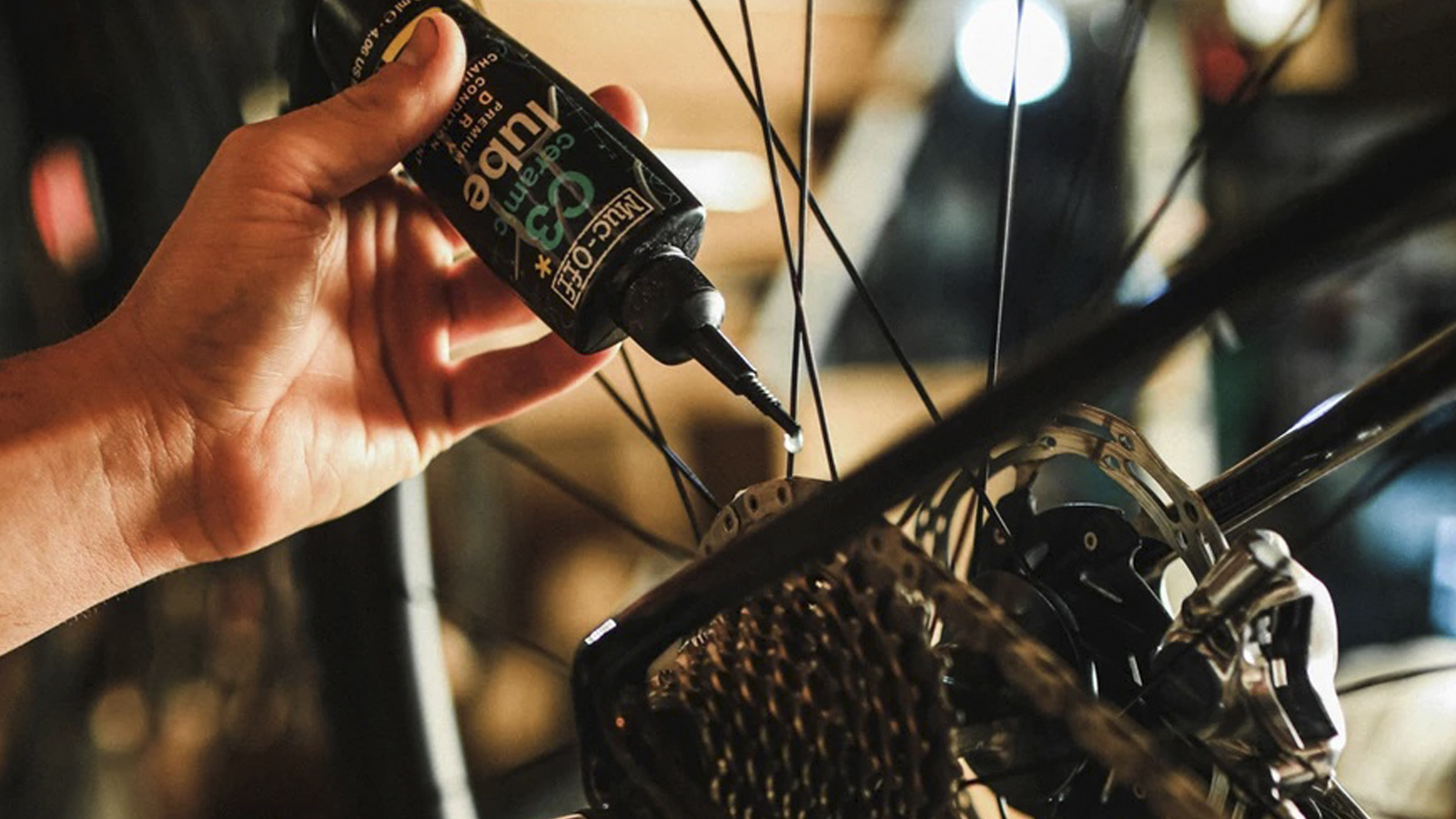
1. Give your bike some love
You've just had a great time on your bike for a few hours, so it's only right that you pay it back with some care and attention once the ride is over. If your MTB is dirty, give it a proper clean, paying particular attention to the drivetrain. Once clean and shiny again, don't forget to dry and lube your chain.
Once your bike is looking pristine, this is a great time to check it over and nip any potential problems in the bud before your next ride. How's your shifting? Do your gears need adjusting? Will your brake pads need replacing soon? Got any annoying creaks and squeaks? Are there any issues with your tires or wheels? If your suspension isn't running quite right, now's the time to get it booked in for a service, or call in the bits and pieces you'll need to do it yourself.
In my experience, cleaning and checking is best done as soon as you get back home, as its easy to forget all about it once your bike is out of sight. The last thing you want to find when you're frothing to hit the trails is that your chain has rusted up, or your headset feels stiff and is making an annoying noise. Keeping your bike in order will ensure a longer life for your components – which will save you money too.
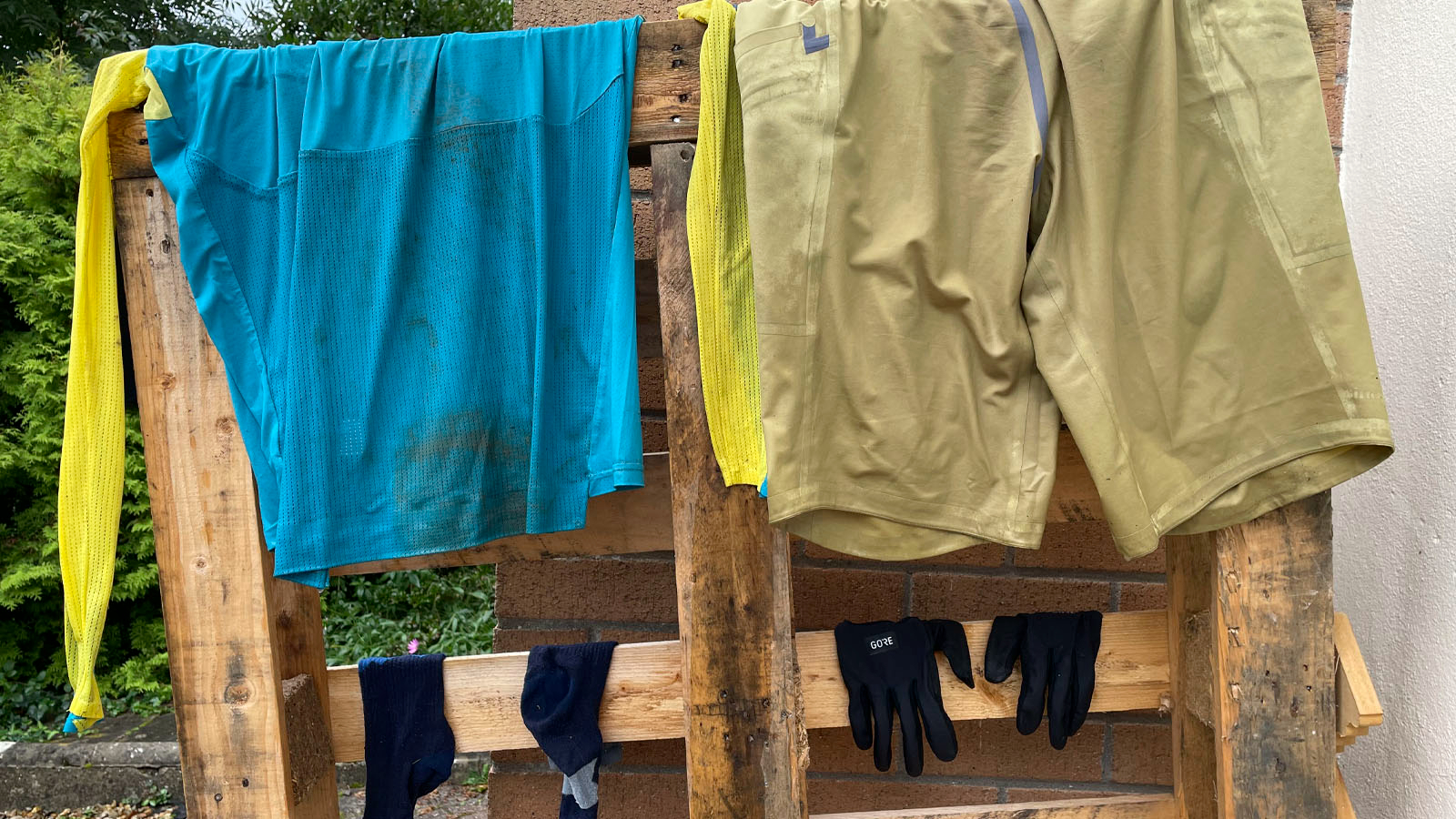
2. Clean your kit
Muddy and/or sweaty riding gear dumped straight in the wash basket will make the whole thing stink and is likely to make you extremely unpopular with the other people you live with. And while, yes, you can just stick it in your washing machine even if caked with mud, it's not great for the washing machine and your gear won't come out particularly clean if its been washed in filthy water.
While a few splats of mud are not a big deal, if your gear is properly minging, the best course of action is to hose yourself down to remove the worst of it while you're washing your bike. Obviously, this is more easily done in summer than the depths of winter. So, if its just too cold outside and you don't fancy becoming the MTB version of Wim Hof, dump your gear in a large trug-type bucket and give it a proper rinse and drain under the tap, before loading it into your washing machine.
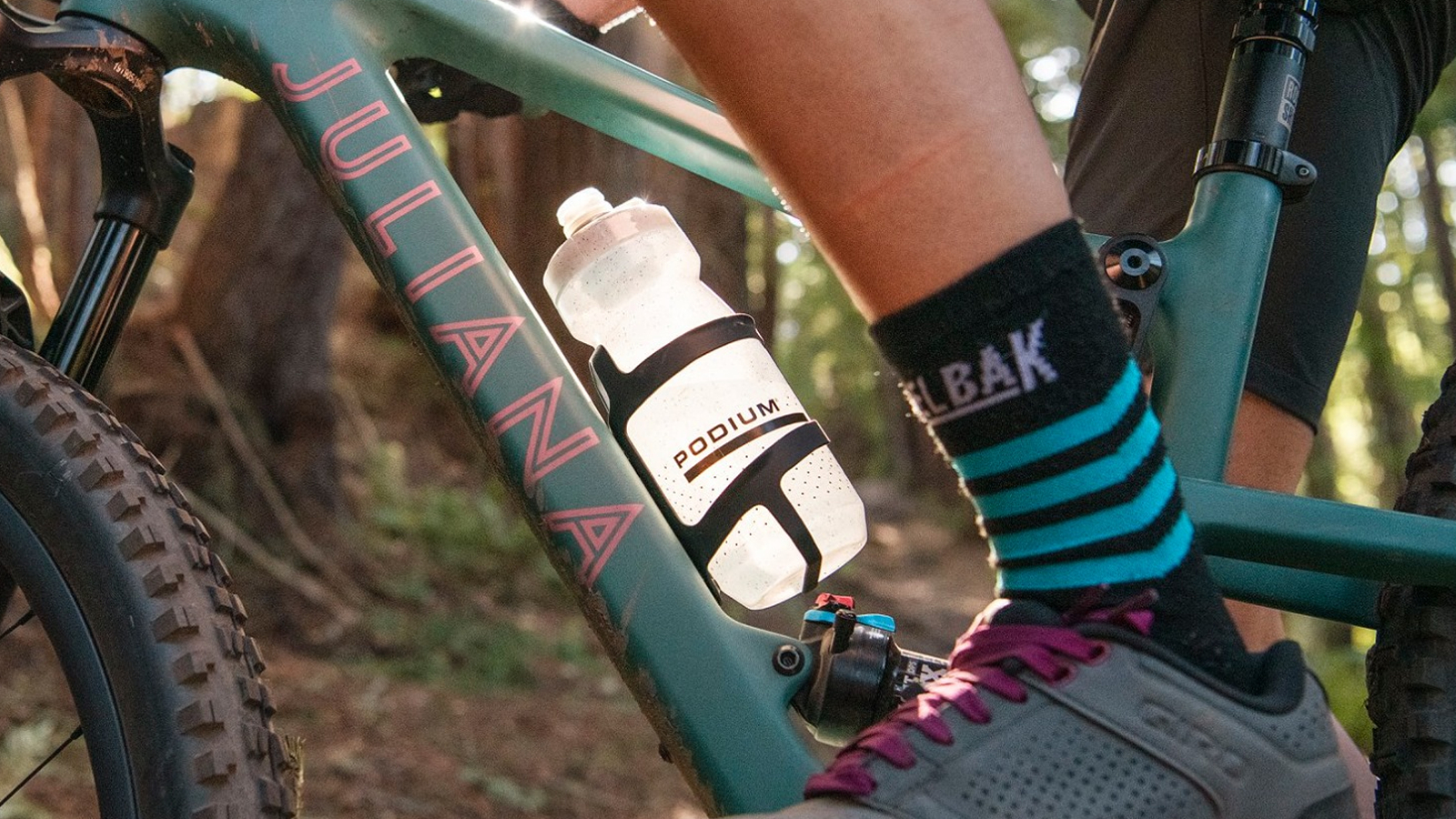
3. Get on the drink
Mountain biking is thirsty work so it's vital that we hydrate as we ride. Even mild dehydration can impair our performance and our health can be affected in extreme situations. While most of us take some fluid with us in a frame-mounted bottle, hip pack or hydration pack, unless you're carrying several liters of drink (British Cycling estimate that most riders lose between 500 to 1,000ml of fluid per hour), you're still going to finish most of your rides dehydrated to some level. That means you will definitely need to drink once your ride is over. It doesn't really matter what your drink as long as you do – a couple of post-ride beers is fine occasionally, but we wouldn't recommend it every time.
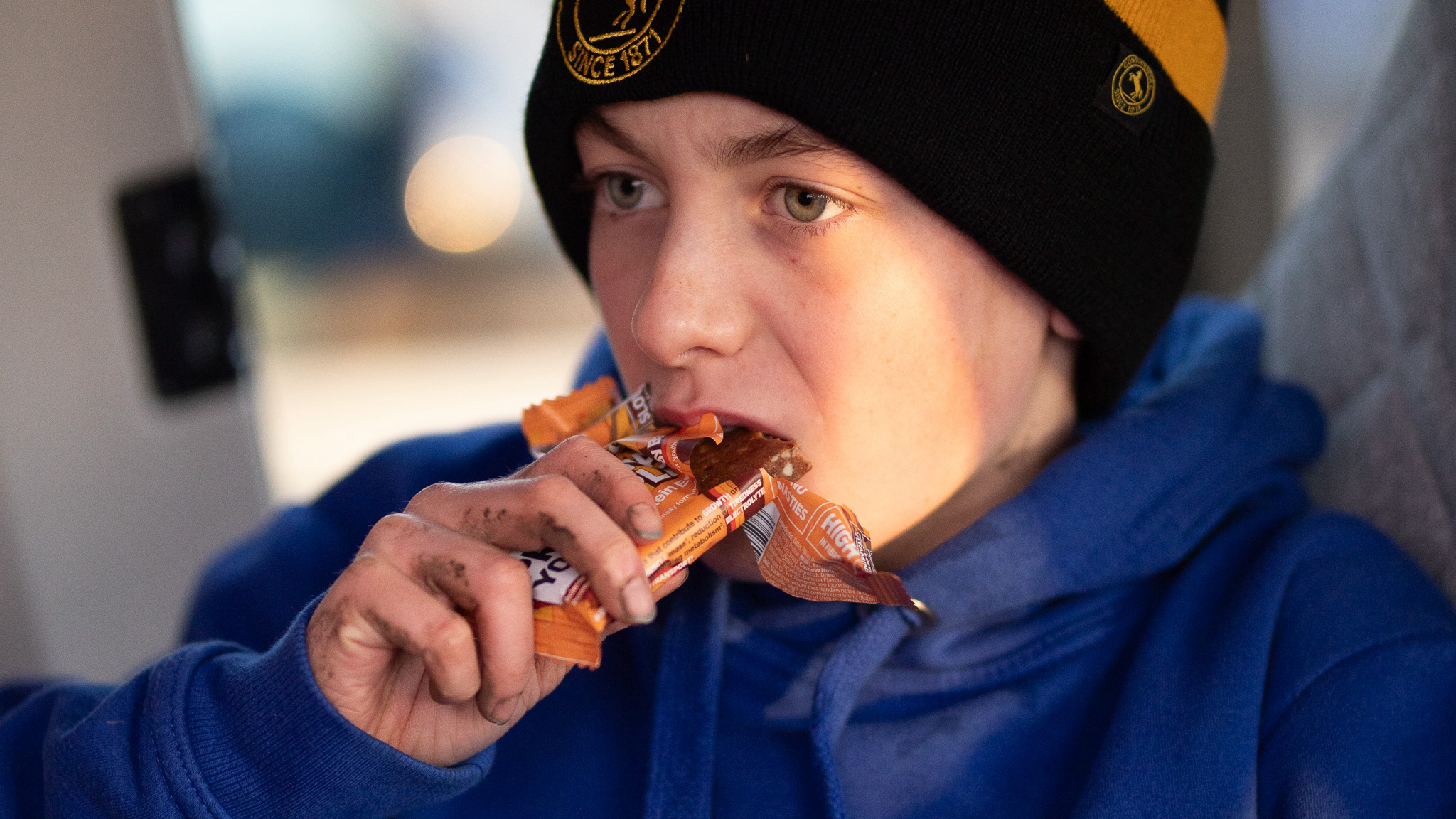
4. Eat within an hour
Pretty much the same goes for eating, as you're likely to end in a calorie deficit after a ride, and while you might think that's desirable if you're trying to lose weight, your body needs feeding to help it recover and rebuild effectively.
Again, while you could refuel on a burger and fries, healthy, nutritionally rich food is always going to be a better option. Carbohydrate and protein-packed foods are what to go for here, with most nutritional experts saying a 3:1 ratio of carbs to proteins is what to aim for.
Experts also agree that effective eating should be done within 60 minutes of your ride. Balanced shakes such as Huel can be handy here, but real, wholesome food is a better option. Rapidly deployed dishes could be, beans on toast, a stir fry, or even something as simple as a bowl of porridge – I like it enhanced with some fruit and raw nuts on top.
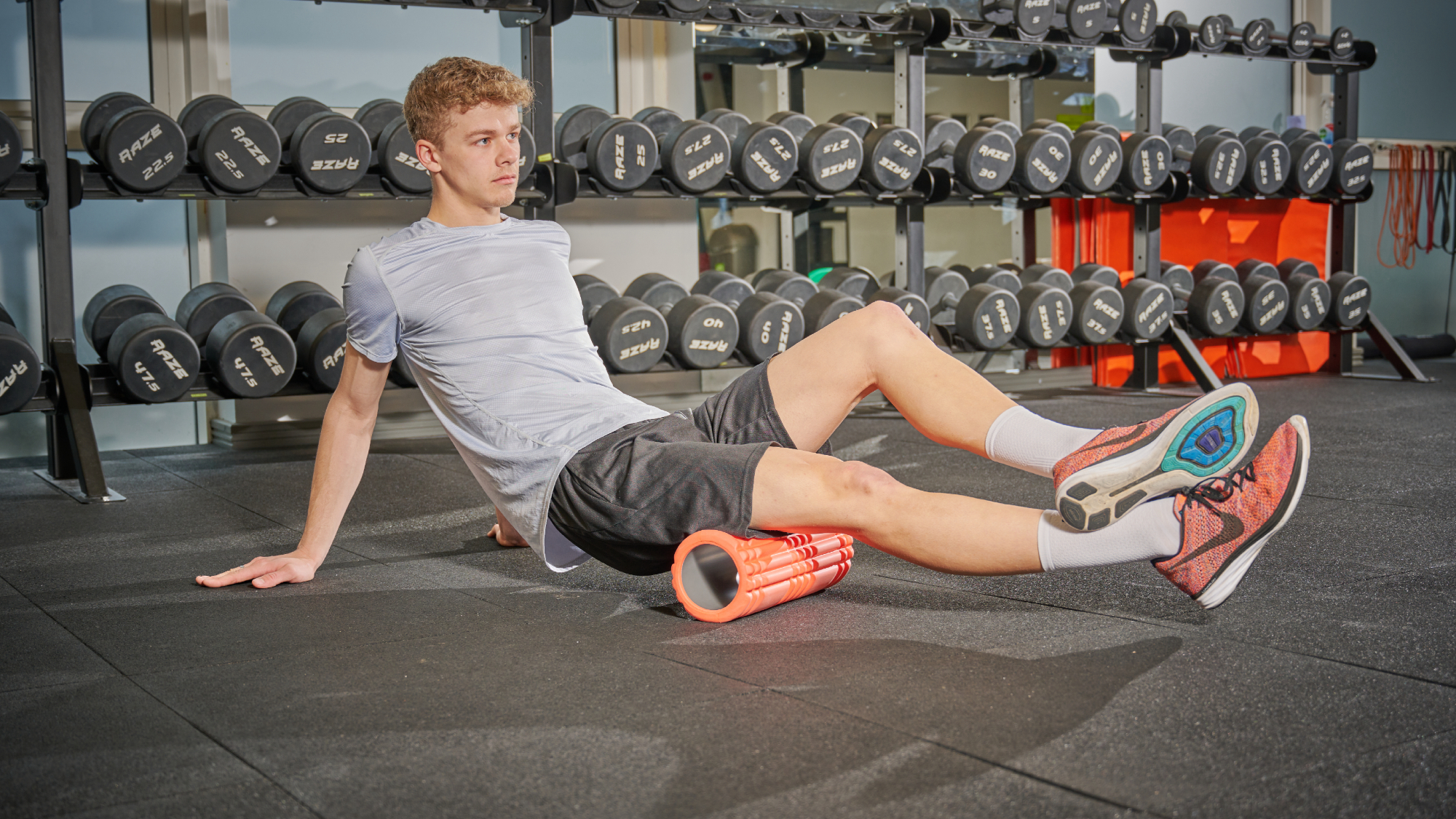
5. Do some stretching
This last point is arguably the one that most cyclists (particularly mountain bikers for some reason) are worst at, and if done at all, often involves a couple of half-hearted quad stretches before jumping driving home from the bike park.
While the benefits of static stretches have been getting some bad press of late, dynamic (aka movement-based) post-ride stretching has been shown to improve blood flow which can reduce recovery times, as well as increasing your range of motion and flexibility.
Cyclists famously have tight hamstrings, so stretching them is a great idea. Similarly, our quads do a lot of work and I'd recommend some hip stretches too. Tools such as foam rollers and lacrosse balls can be great for loosening up big muscle groups such as the quads and glutes. Last but not least, don't neglect your upper body either, particularly your neck, shoulders, pecs, and lats.

Rich Owen joined the BikePerfect team as editor in 2021. He's worked as a journalist and editor for over 24 years, with 12 years specializing in cycling media. Rich bought his first mountain bike (a rigid Scott Tampico) in 1995 and has been riding MTB for almost 30 years.
Current rides: Merida One-Forty 6000, Banshee Paradox, YT Jeffsy Core 3, Saracen Ariel 30 Pro
Height: 175cm
Weight: 69kg
